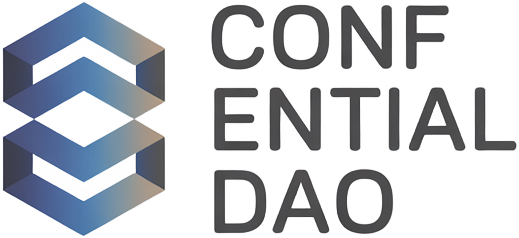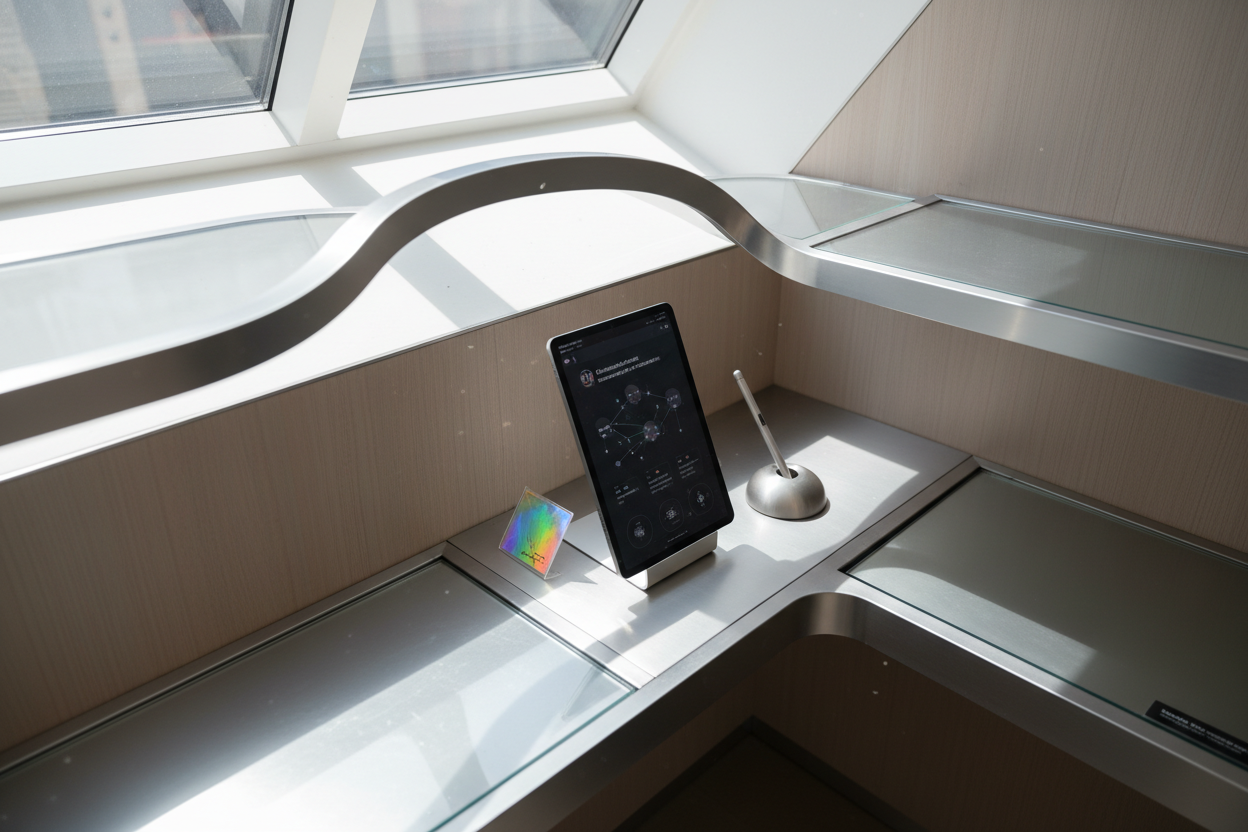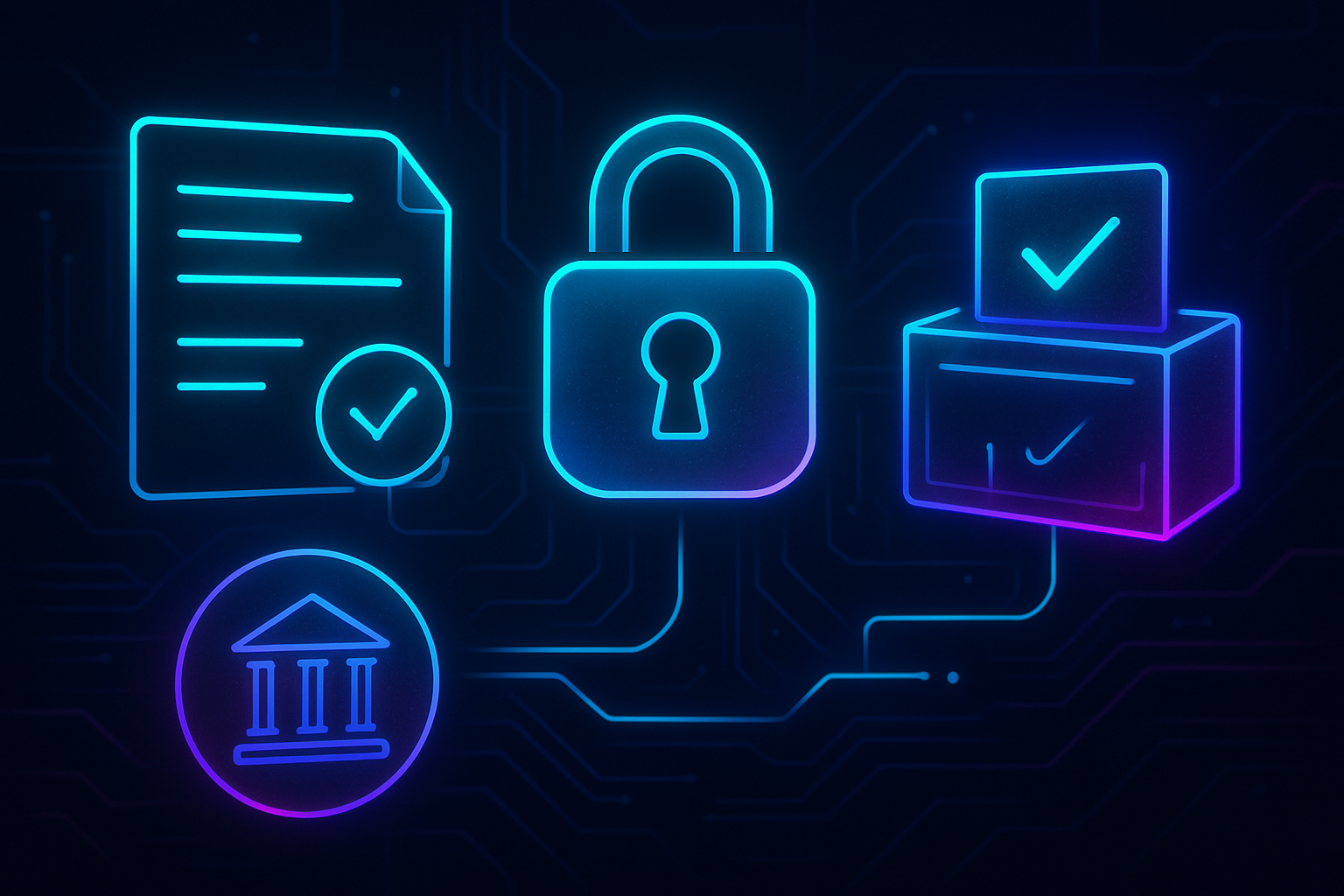
Decentralized Autonomous Organizations (DAOs) are fundamentally transforming how communities and businesses coordinate, but the radical transparency of blockchain exposes new risks in governance. Without robust privacy tools, DAOs face challenges such as voter intimidation, proposal front-running, and operational vulnerabilities. Confidential governance mechanisms, encrypted voting, private proposals, and advanced operational security, are now essential for DAOs seeking to balance transparency with member protection.
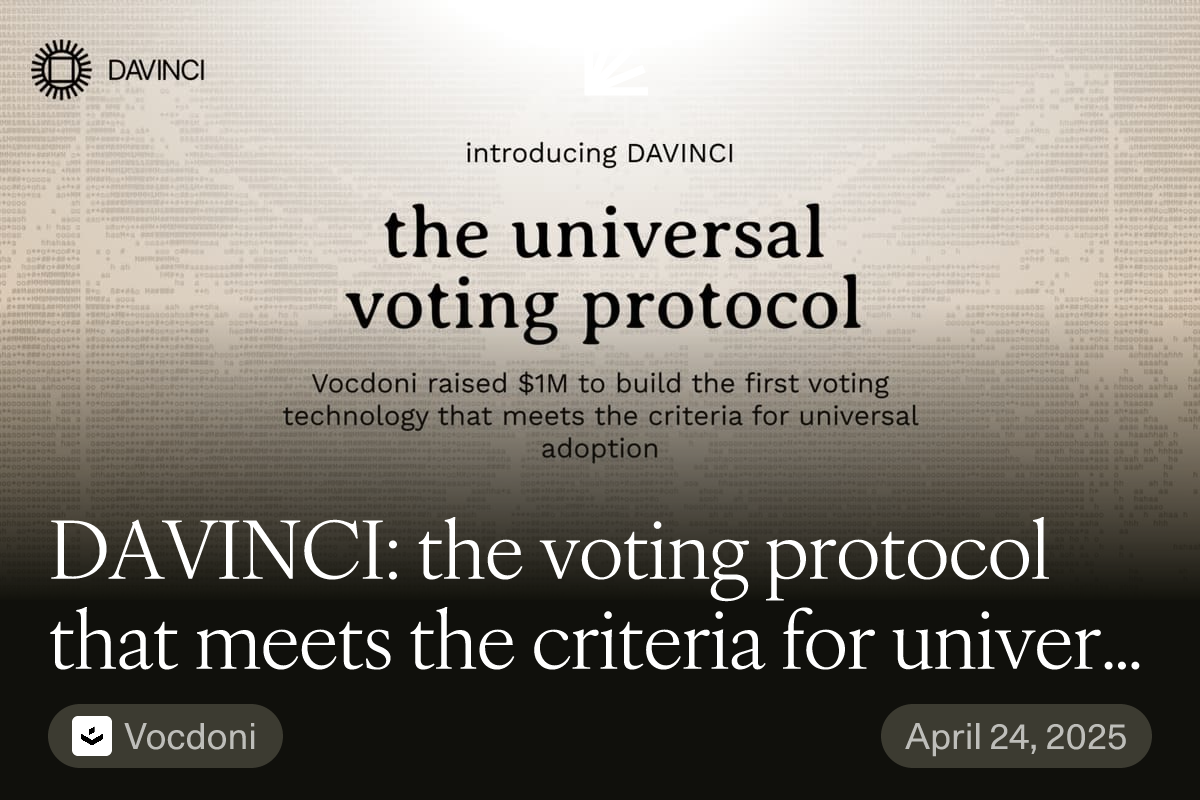
Encrypted Voting: Shielding Member Choices
Traditional DAO voting systems broadcast votes in real-time. This creates opportunities for manipulation: large token holders can sway outcomes at the last minute, while smaller voters may follow the herd or abstain due to perceived futility. Encrypted voting counters these weaknesses by concealing individual votes until after the decision window closes.
Technologies like Shutter Network’s Shielded Voting use threshold encryption to keep votes confidential during the process. Only after voting ends are results decrypted and revealed, ensuring that no one can monitor or influence ongoing vote trends. This approach is further strengthened by cryptographic primitives such as Groth16 zk-SNARKs (used in S2DV) and ElGamal encryption, which deliver both scalability and security for high-participation DAOs.
The benefits are clear: reduced bias, less collusion among whales, higher voter turnout from those previously discouraged by lack of privacy, and a more meritocratic outcome. For a deep dive into how encrypted on-chain governance protects member privacy, see this guide.
Private Proposals: Safeguarding Sensitive Initiatives
Proposal confidentiality is critical for DAOs handling competitive strategies or sensitive community matters. Publicly visible proposals can be front-run by adversaries or attract unwanted external pressure before the DAO has even deliberated internally. Fully Homomorphic Encryption (FHE) is emerging as a game-changer here, enabling computation on encrypted data so that proposals remain private throughout review and discussion phases.
Platforms like Fhenix leverage FHE to let members submit confidential proposals that only become public if approved for wider discussion or execution. This shields intellectual property, strategic pivots, or personnel changes from prying eyes and preserves internal trust.
Key Advantages of Confidential Proposals in DAOs
-
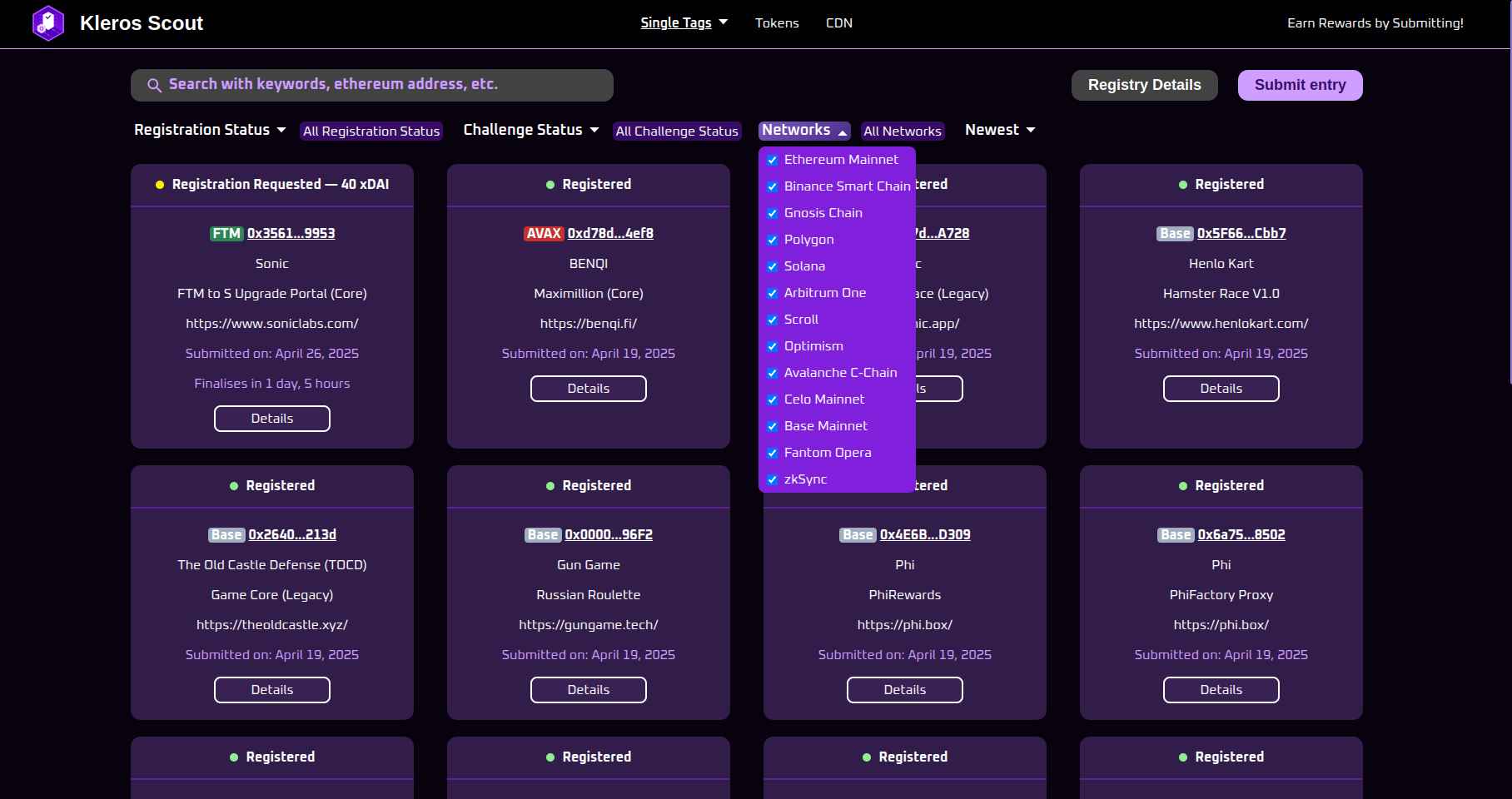
Enhanced Voter Privacy: Confidential proposals, combined with encrypted voting mechanisms like Shutter Network’s Shielded Voting, ensure that individual votes remain private until the voting period concludes. This reduces the risk of voter coercion and herd behavior, enabling more independent and unbiased decision-making.
-
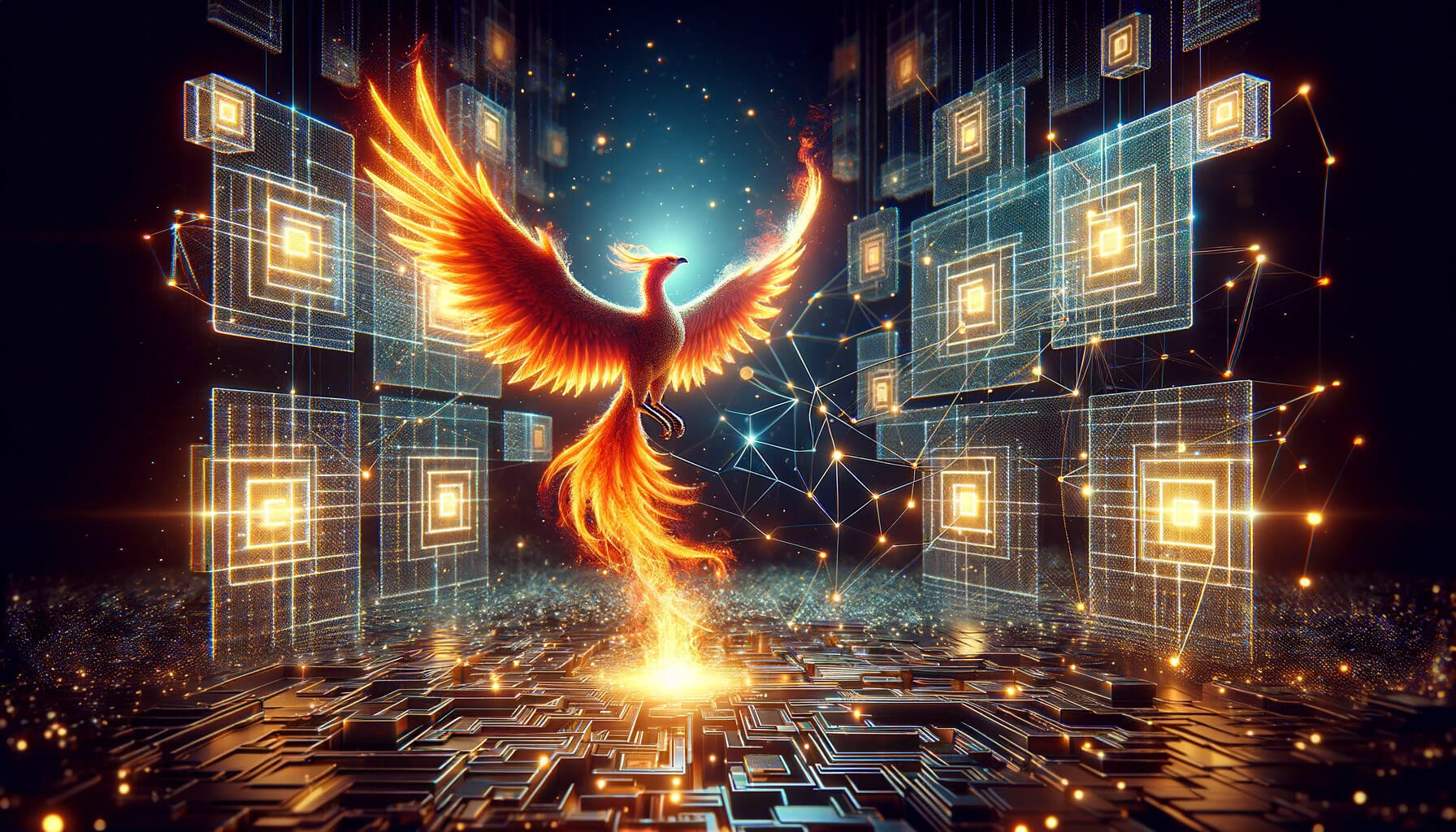
Protection of Sensitive Information: Technologies such as Fhenix’s Fully Homomorphic Encryption allow DAOs to process proposals without exposing their content, safeguarding proprietary strategies or confidential data from competitors and malicious actors.
-
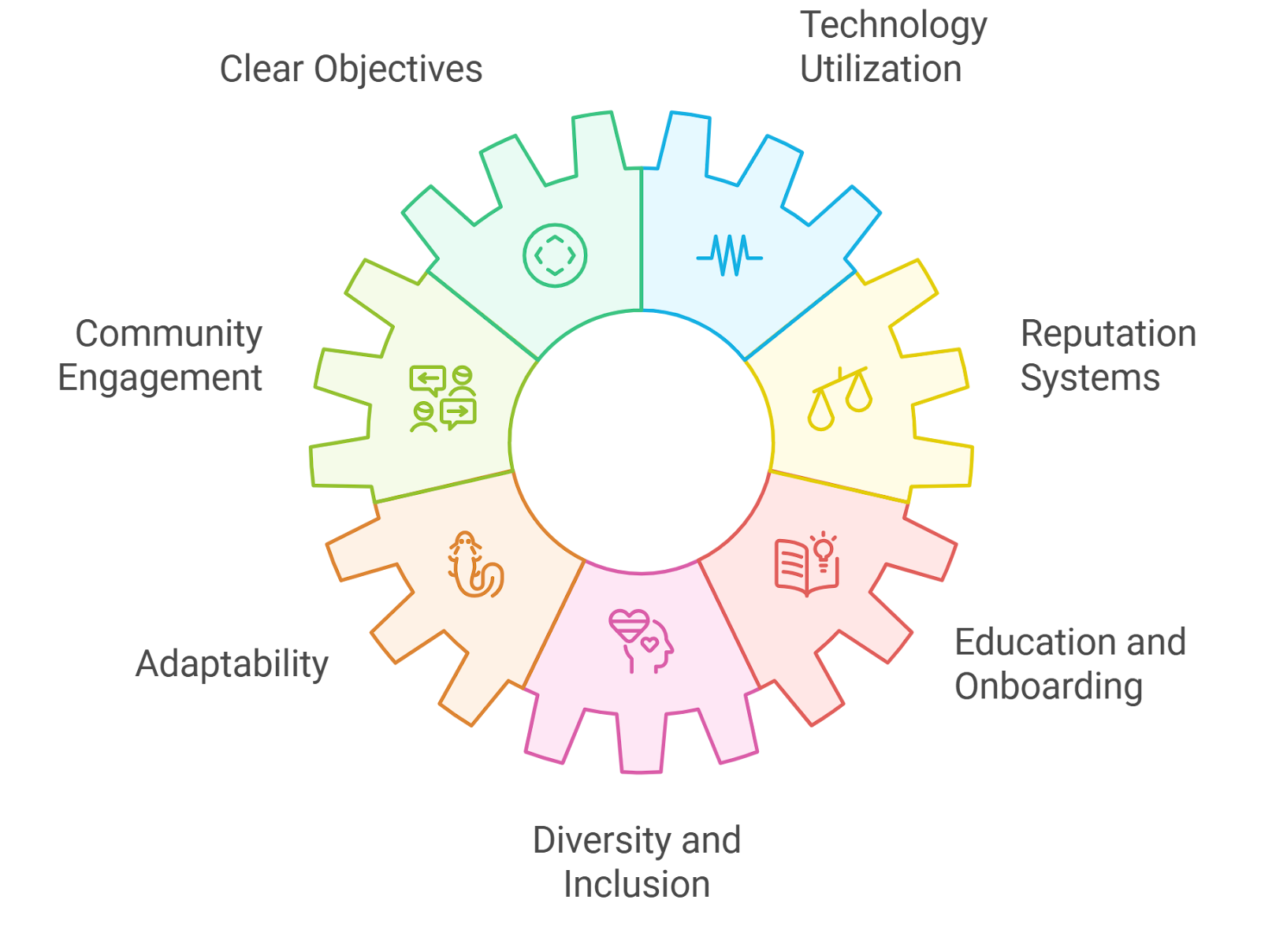
Reduced Manipulation and External Pressure: By keeping proposals and voting confidential, DAOs can minimize the influence of large stakeholders or external parties attempting to sway outcomes, promoting a fairer and more decentralized governance process.
-
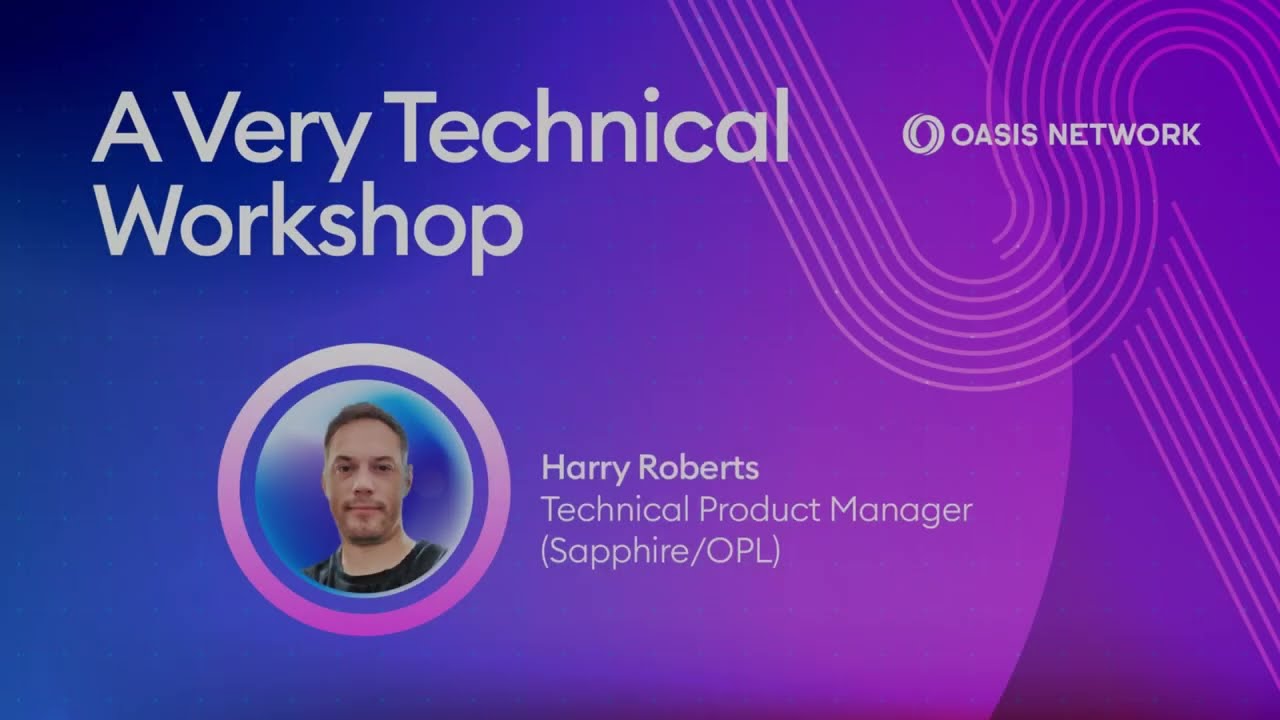
Strengthened Operational Security: Utilizing secure execution environments like Oasis Network’s Sapphire runtime protects smart contract operations and proposal handling, reducing the risk of manipulation or exploitation during governance activities.
-
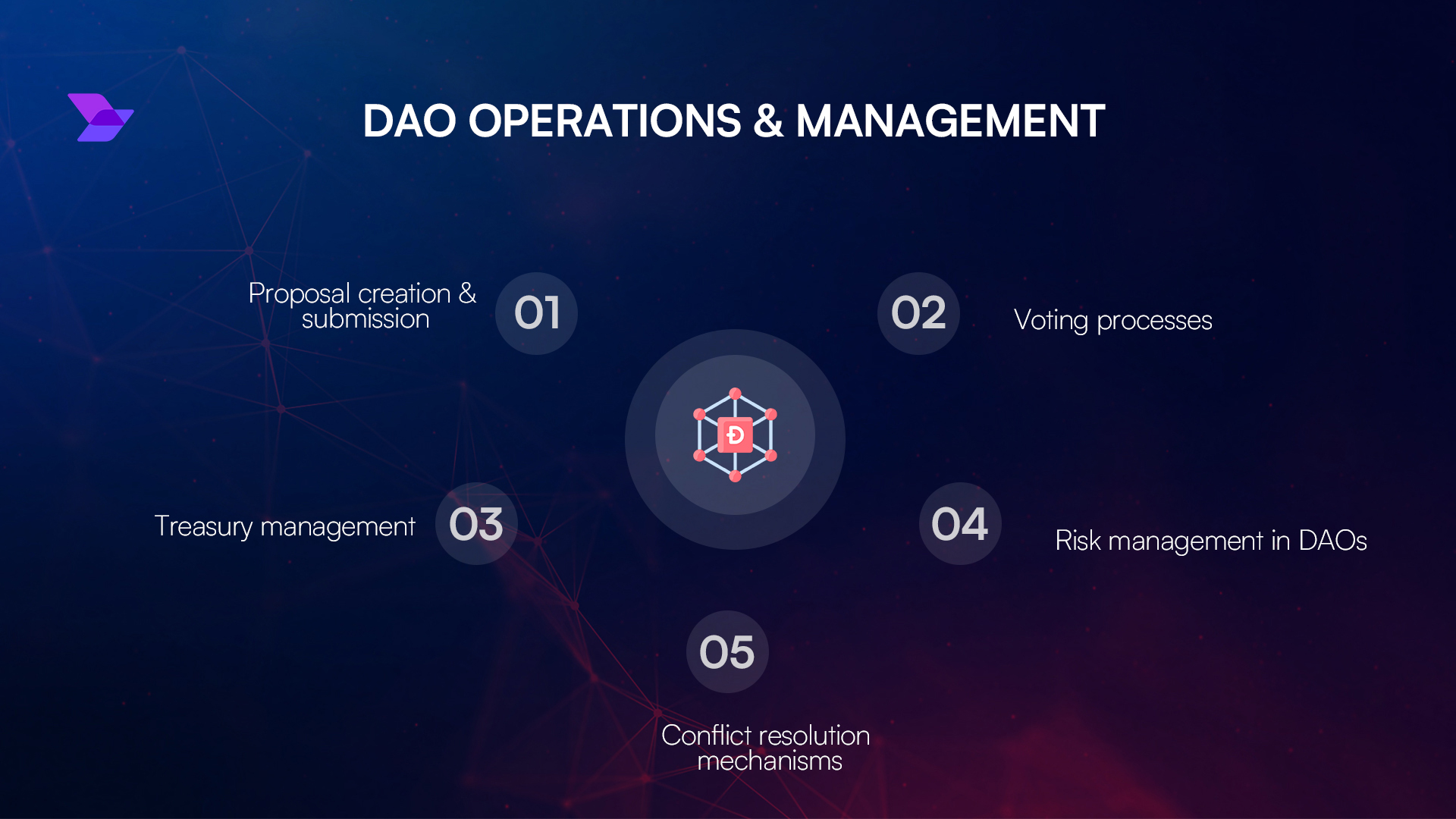
Encouragement of Participation: With assurance that proposals and votes remain confidential, DAO members may feel more comfortable participating, leading to higher engagement and more diverse viewpoints in governance decisions.
Operational Security: Defending Governance Integrity
Securing DAO operations goes beyond just hiding votes or proposals, it requires trusted execution of governance logic itself. Trusted Execution Environments (TEEs), as implemented by Oasis Network’s Sapphire runtime, enable smart contracts to run confidentially even on public blockchains. This prevents attackers from learning about internal operations through node monitoring or state analysis.
By combining TEEs with encrypted off-chain computation and robust access controls, DAOs can mitigate threats like vote-buying schemes, bribery attempts, and coercion of key stakeholders. The result is a governance system where decisions reflect genuine consensus, not external manipulation.
Despite these advances, confidential governance in DAOs is not a silver bullet. Integrating privacy-preserving technologies introduces new complexities, especially around verifiability and accountability. For example, while encrypted voting protects voter anonymity, it can make it harder for token holders to confirm that their delegate truly represented their interests. This tension between privacy and transparency is an active research area, with emerging solutions like zero-knowledge proofs (ZKPs) enabling cryptographic auditability without exposing individual choices.
Another operational challenge is the reliance on external tallying authorities or secure hardware enclaves. If these systems become unavailable or compromised, DAOs risk losing access to critical governance functions. To address this, leading projects are exploring decentralized multi-party computation and distributed key management, minimizing single points of failure while retaining confidentiality guarantees.
Future-Proofing DAOs: Confidentiality as a Governance Standard
The next generation of DAOs will treat confidential governance as foundational rather than optional. Expect growing adoption of modular privacy layers, combining ZKPs for vote verification, FHE for private proposal handling, and TEEs for secure contract execution. These tools will be increasingly accessible through open-source frameworks and plug-and-play DAO stacks.
As regulatory scrutiny intensifies and adversarial actors become more sophisticated, DAOs with robust privacy postures will be better positioned to operate securely at scale. Confidentiality not only shields members from coercion but also unlocks new use cases: think private treasury management, sensitive R and amp;D funding rounds, or medical data DAOs where member trust hinges on discretion.
For builders and contributors evaluating DAO frameworks in 2025 and beyond, ask the following:
Key Questions to Assess DAO Platform Privacy
-

Does the platform support encrypted voting mechanisms (e.g., zk-SNARKs, Shutter Network Shielded Voting)? Assess whether votes are hidden during the voting period to prevent undue influence and ensure voter confidentiality.
-

Are proposal submissions confidential (e.g., via Fully Homomorphic Encryption as used by Fhenix)? Determine if sensitive proposal details remain private throughout the governance process.
-

Does the platform utilize Trusted Execution Environments (TEEs) for secure contract execution (e.g., Oasis Network Sapphire runtime)? Evaluate if smart contract operations are protected from manipulation and unauthorized access.
-
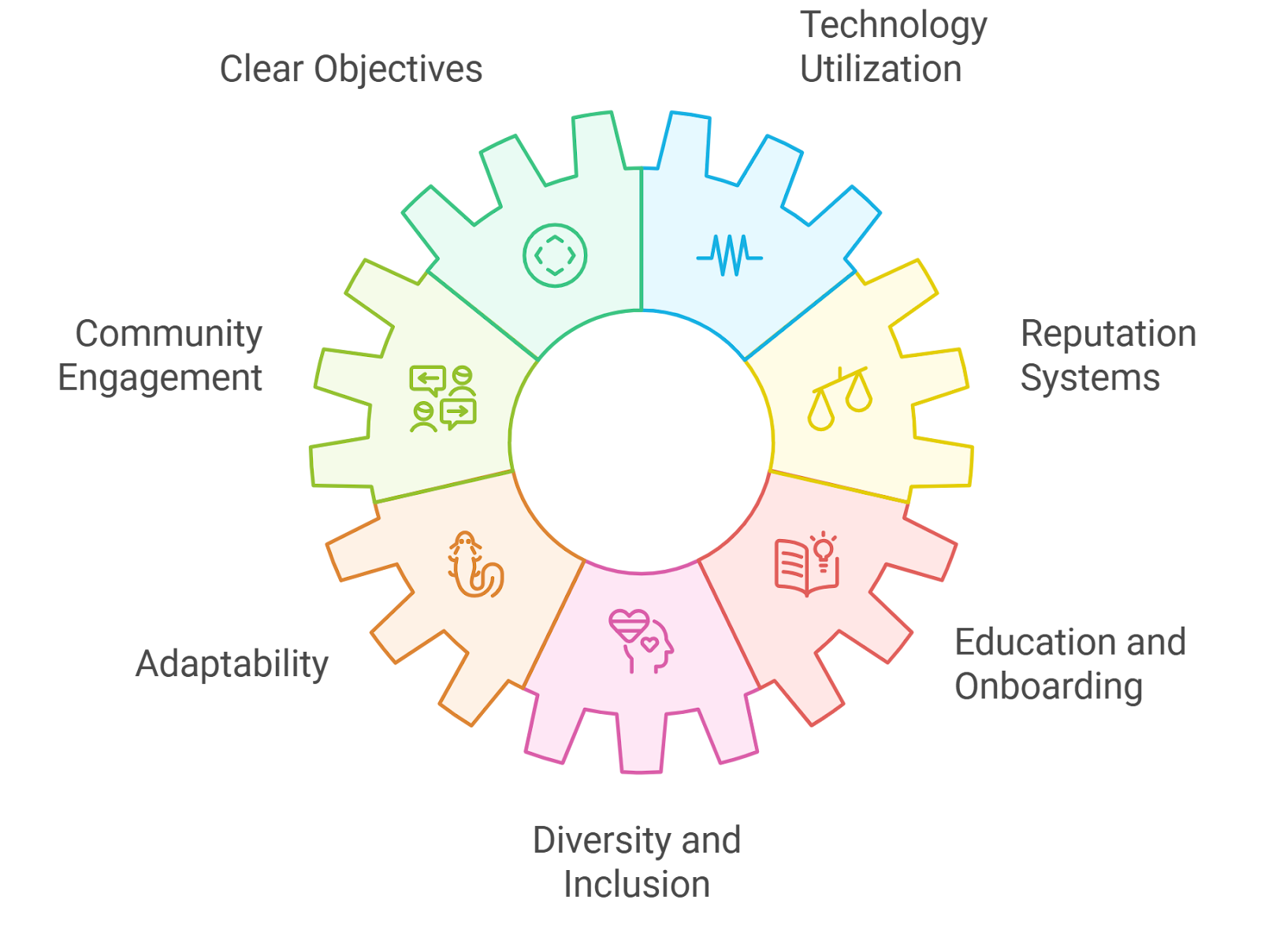
How is vote tallying performed, and does it rely on external authorities? Investigate whether the platform’s privacy features depend on third-party tallying services, which may impact decentralization and autonomy.
-
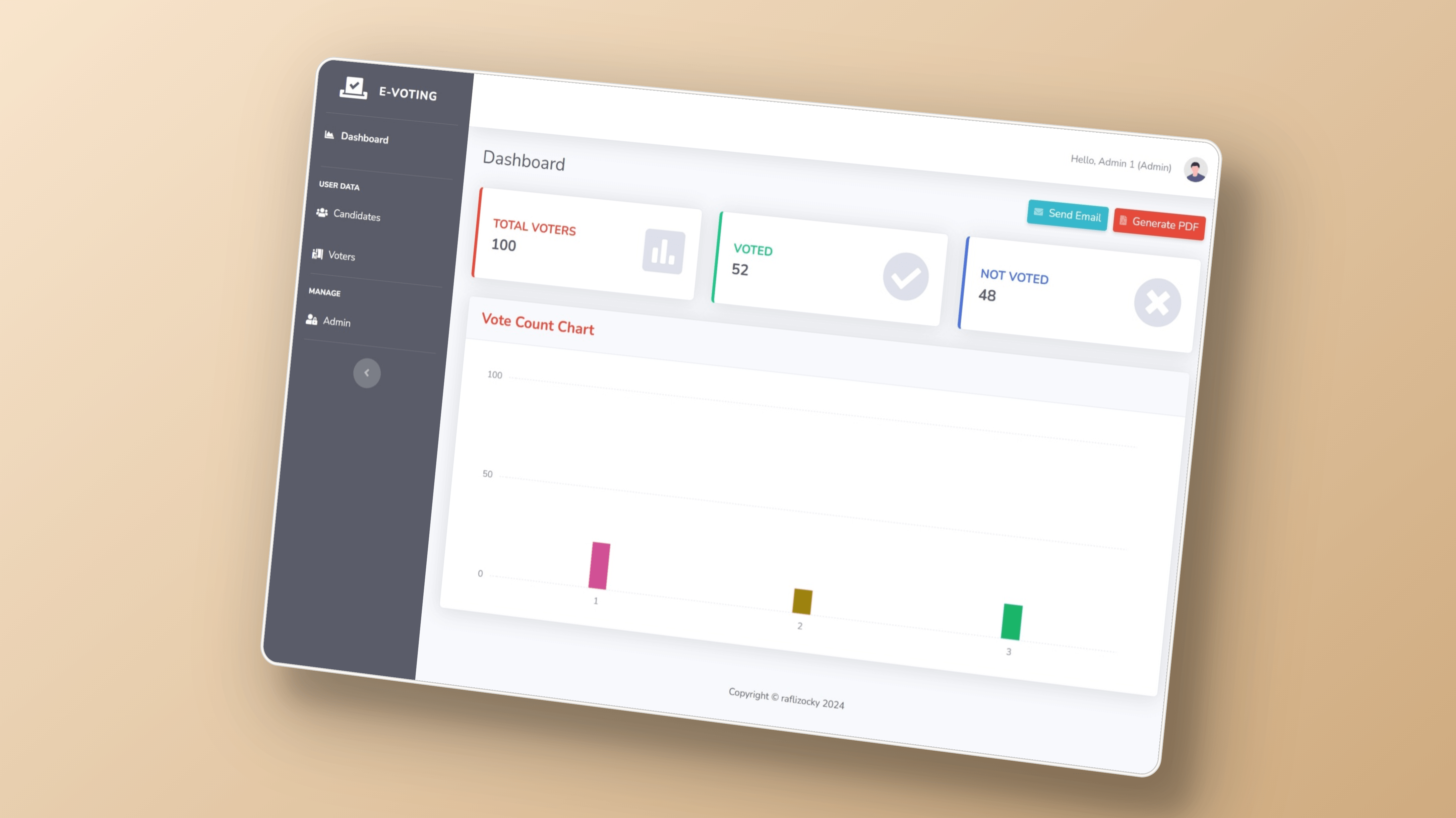
Can delegators verify delegate voting actions without compromising privacy? Examine the transparency mechanisms in place for delegate accountability while maintaining voter confidentiality.
Key Takeaways for DAO Founders and amp; Contributors
- Adopt encrypted voting to mitigate manipulation and encourage broader participation.
- Enable private proposals for sensitive initiatives, protecting IP and strategic decisions until consensus forms.
- Invest in operational security: combine TEEs with decentralized infrastructure to prevent single points of failure.
- Pursue verifiable confidentiality: leverage ZKPs to balance privacy with auditability.
The landscape is evolving rapidly as new cryptographic primitives and infrastructure solutions mature. Staying informed on best practices is essential for any DAO aiming to protect its mission, and its members, in a transparent yet adversarial world. For deeper technical dives on how confidential voting systems are transforming DAO governance, see this resource.
